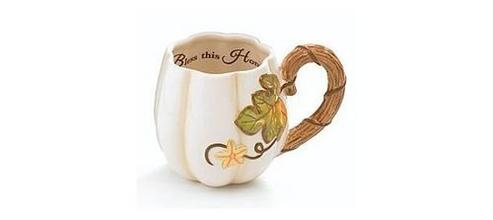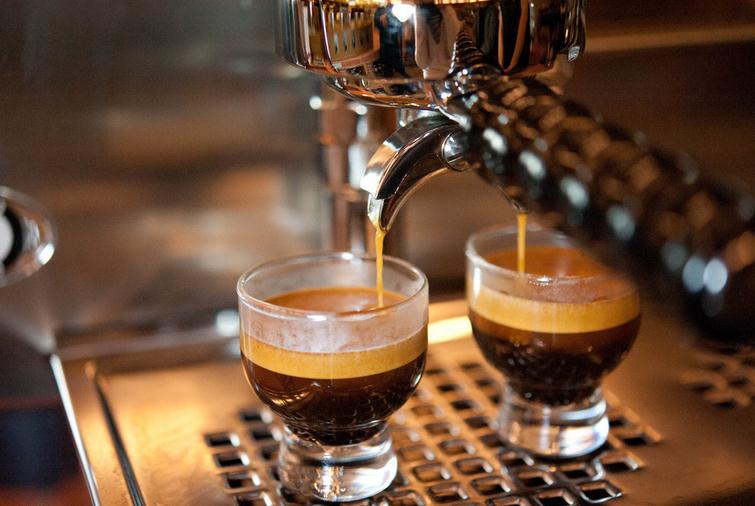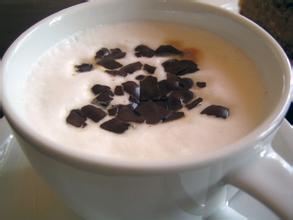Introduction to the flavor and taste characteristics of the coffee producing area of Aldura Coffee Manor in Mexico with strong sweetness
The Teotihuacan civilization (Teotihuac á n) began around 200 BC, about in the middle of what is now Mexico, and was born after the demise of the Olmec civilization, about the same time as the Mayan civilization. the Teotihuacan people built a city of about 50,000 people between the first year of AD and 150, making it the earliest urban settlement in the whole American region, with many pyramids. However, unlike the genealogical context of other ancient Indian civilizations, the origin of the Teotihuacans is still an unsolved mystery, and no one can confirm that the civilization had written and documented it. Today, we know about the existence of this civilization, not only because they have left behind huge relics for analysis and proof, but also because some other surrounding civilizations of their time mentioned things about the Teotihuacans in their books or paintings. it's another key to reference. The Teotihuacans did not call themselves by this name, which was used by the Toltec, a successor civilization that existed in the region after the demise of the civilization, to call their predecessors the Nahuatl (a native Indian language of central Mexico), meaning "the land of man made by the gods". Although the ancient civilization disappeared long ago in the Toltek and even in the later Aztec era, they still regarded the ancient city where the Teotihuacan once lived as a shrine, hence the name.
Mexicans are enthusiastic and optimistic, and the chocolates in Mexican coffee perfectly reflect this. There are different methods of Mexican coffee, but the main difference is whether it contains alcohol or not. let's first introduce the practice of non-alcohol.
Heat a cup of milk, a teaspoon of cinnamon powder and a teaspoon of vanilla powder in a pot. Keep it at medium temperature. The heat is not too high. The milk must not boil. Then add the cocoa powder, fully dissolve and stir well. If you are particularly fond of chocolate, you can use chocolate paste instead of cocoa powder and milk.
Let the milk dry for about 5 minutes, wait until the milk is slightly cool, then pour into the prepared coffee, decorate the coffee surface with cold cream, then decorate with a piece of cinnamon, and the Mexican coffee is ready.
The aromas of chocolate and cinnamon blend together to give off the smell of desert. Tasting such a cup of coffee, you seem to be walking through the gray-green cactus in the Mexican desert.
The most famous alcoholic drink in Mexico is tequila (Tequila). When Mexicans drink tequila, they lick a little salt on the tip of their tongue and then swallow the wine in a small glass. Tequila is a strong wine, the Mexican coffee made by adding this wine is very good, if you have enough courage, you might as well give it a try.
Tequila Mexican coffee and non-alcoholic Mexican coffee is basically true, but first pour a small glass of tequila at the bottom of the cup, followed by milk and coffee, preferably decorated with cream and cinnamon. The main producing areas are: Kolabegu, Australia Aluca states, the products are mostly washed beans produced in the highlands, with good aroma and sour taste, the grade is divided into three categories according to altitude: Aldura (219m-1280 m), Prima. Rabe Society (853-1006 m) Puine. Raba Society (640-762 m). Coffee beans are mainly exported to the United States.
Quality
High quality beans: Aldu Mara, Mexico.
Taste characteristics: large particles, with a strong sweet, sour taste and good aroma.
The best barbecue degree: medium fried or body fried.
It is characterized by a smooth taste, high acidity, medium mellowness and a slightly nutty finish. Sweet, sour and bitter are neutral and suitable.
The taste is sour, special and elegant. Although the professionalism of Brazilian coffee is of little value, it is very suitable for blending. Because of the huge output of coffee, the price is not very expensive.

Important Notice :
前街咖啡 FrontStreet Coffee has moved to new addredd:
FrontStreet Coffee Address: 315,Donghua East Road,GuangZhou
Tel:020 38364473
- Prev

Kenyan Jinchu Coffee Flavor Kenya Jinchu Coffee characteristics Kenyan Jinchu Coffee taste
Enbu processing Plant (Embu Washing Station), which comes from Gichugu, adopts Kenyan double washing method and grows in Manyata-Enbu County on the eastern slope of the Kenyan Mountains from 1550 to 1750. The variety is Kenya's classic SL28,SL34, coupled with the large temperature difference between day and night in the deceived area, and the red phosphoric acid soil in Kenya, which makes the sour and sweet become the second order of this Kenyan branch.
- Next

Guatemalan coffee characteristics Guatemalan coffee flavor
Guatemalan coffee, produced in Guatemala, belongs to bourbon coffee beans, is one of the more sour varieties, mellow and slightly wild taste, the most suitable for blending coffee. A cup of Antigua coffee in Guatemala seems to let us see the mysterious Mayans who suddenly disappeared multiply in the ancient land, history brushed away their existence, and history made him.
Related
- Detailed explanation of Jadeite planting Land in Panamanian Jadeite Manor introduction to the grading system of Jadeite competitive bidding, Red bid, Green bid and Rose Summer
- Story of Coffee planting in Brenka region of Costa Rica Stonehenge Manor anaerobic heavy honey treatment of flavor mouth
- What's on the barrel of Blue Mountain Coffee beans?
- Can American coffee also pull flowers? How to use hot American style to pull out a good-looking pattern?
- Can you make a cold extract with coffee beans? What is the right proportion for cold-extracted coffee formula?
- Indonesian PWN Gold Mandrine Coffee Origin Features Flavor How to Chong? Mandolin coffee is American.
- A brief introduction to the flavor characteristics of Brazilian yellow bourbon coffee beans
- What is the effect of different water quality on the flavor of cold-extracted coffee? What kind of water is best for brewing coffee?
- Why do you think of Rose Summer whenever you mention Panamanian coffee?
- Introduction to the characteristics of authentic blue mountain coffee bean producing areas? What is the CIB Coffee Authority in Jamaica?

